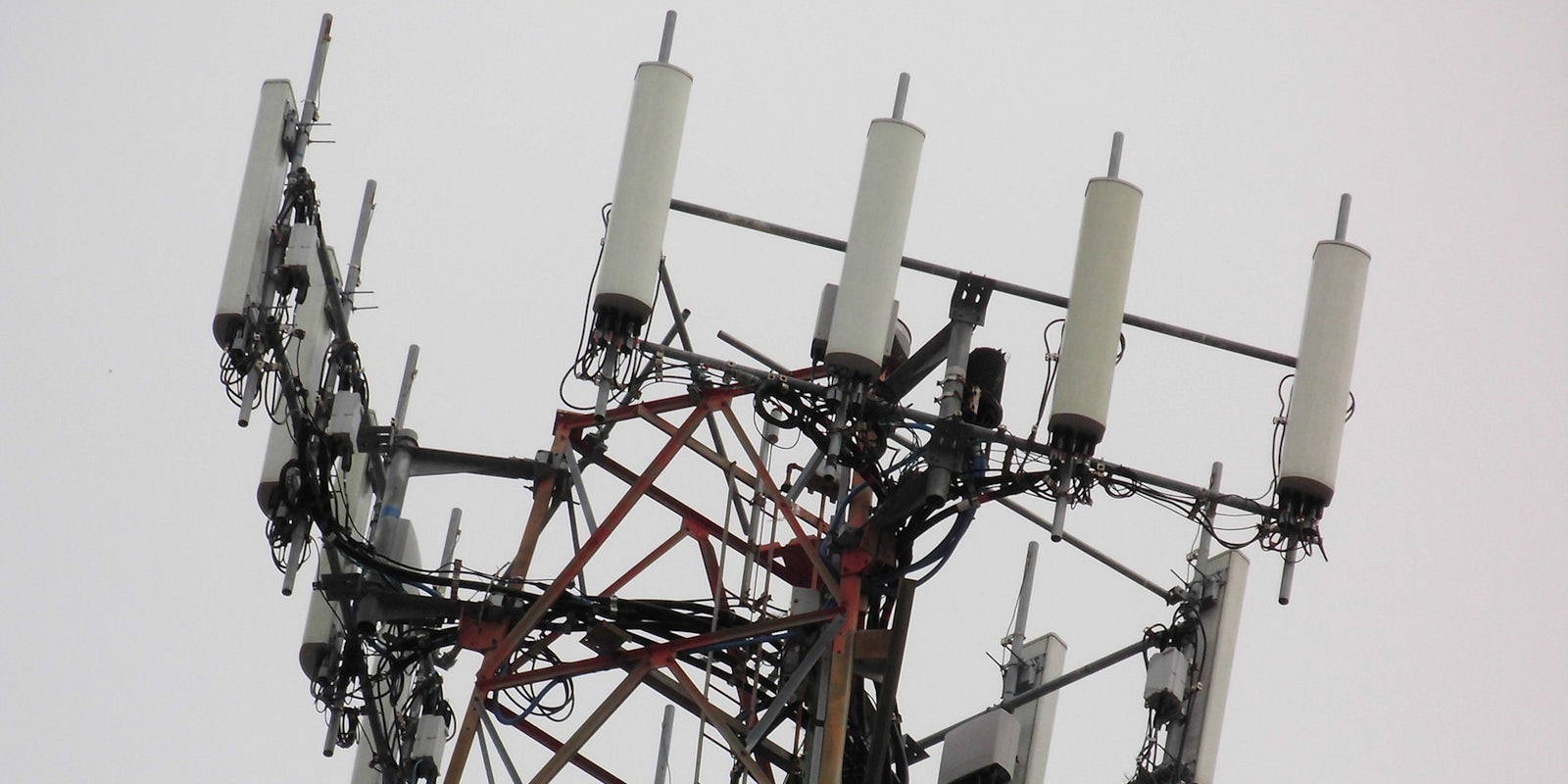A bipartisan group of House lawmakers wants to restrict when and how the government can spy on people using fake cell towers.
Reps. Jason Chaffetz (R-Utah), John Conyers (D-Mich.), and Peter Welch (D-Vt.) on Monday introduced the Stingray Privacy Act, which would limit the government’s use of so-called “stingray” devices— surveillance tools that pretend to be cell towers so they can intercept mobile network traffic.
The bill would only permit a government agency to collect data using a stingray if it obtained a traditional search warrant or if it carried out its investigation under the Foreign Intelligence Surveillance Act (FISA), which does not permit the targeting of Americans.
No evidence collected through a stingray without a warrant or outside the FISA process could be used in a trial, congressional hearing, or other federal, state, or local proceeding.
The bill’s language mirrors guidance issued by the Department of Justice and the Department of Homeland Security, but in codifying those policies, it removes the ability of the department leaders to rescind that guidance. A DOJ spokesman did not respond to a request for comment on the bill and a DHS spokesman declined to comment.
Police departments in 22 states and the District of Columbia use stingray phone-surveillance devices. The small boxes, which may be most familiar to the general public thanks to a scene on Homeland, have become increasingly controversial in recent months. California’s new electronic communications privacy law bans their use, and a congressional subcommittee recently held a hearing on them.
In a statement, Chaffetz expressed concern that the reported use of stingray devices by the Internal Revenue Service—which is not subject to the DOJ and DHS guidance—”could enable gross violations of privacy.”
The American Civil Liberties Union is asking the Supreme Court to take up a lower court case involving stingrays, hoping that the high court—which in 2012 ruled that police needed a warrant to attach GPS trackers to suspects’ cars—will again side with privacy groups over law-enforcement agencies.
There is a warrant exception in the new bill for emergencies, but the agency deploying the stingray must determine that the emergency involves the immediate threat of death or serious injury or “conspiratorial activities” involving national-security threats or organized crime. The agency must also apply for a warrant to use the stingray within 48 hours of commencing its use. This provision is similar to FISA’s own warrant exception for emergencies.
The bill also requires an agency using a stingray in an emergency circumstance to immediately stop using it if a court denies its warrant request. In that case, no evidence collected in the course of the emergency search can be used in a trial.
Photo via Daniel Oines/Flickr (CC BY 2.0)


